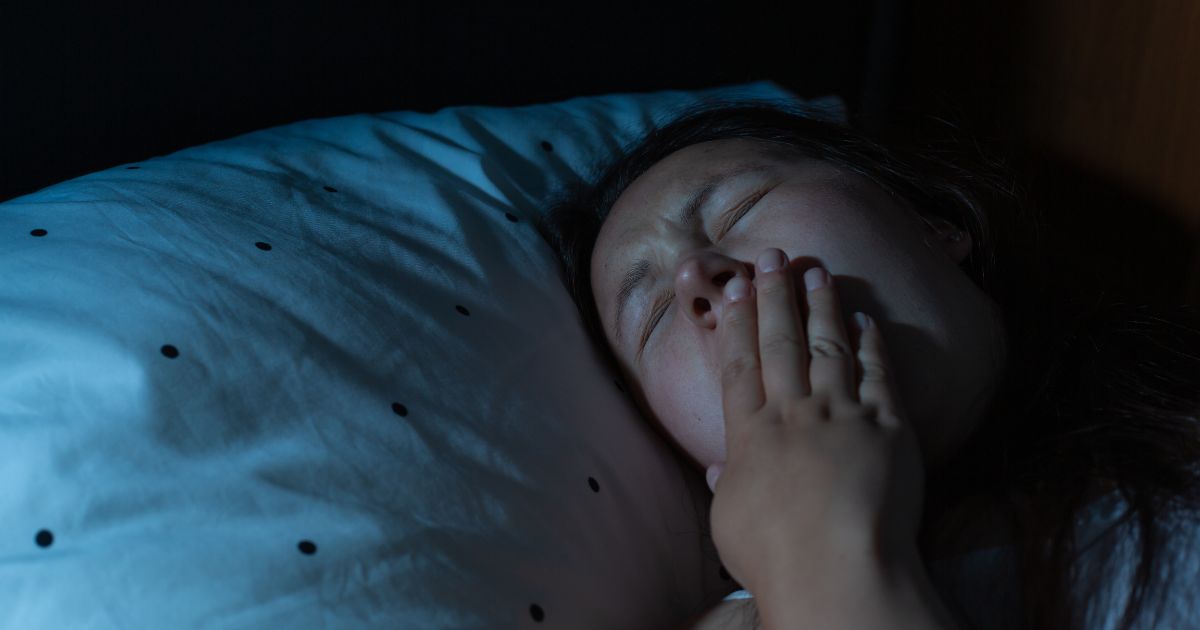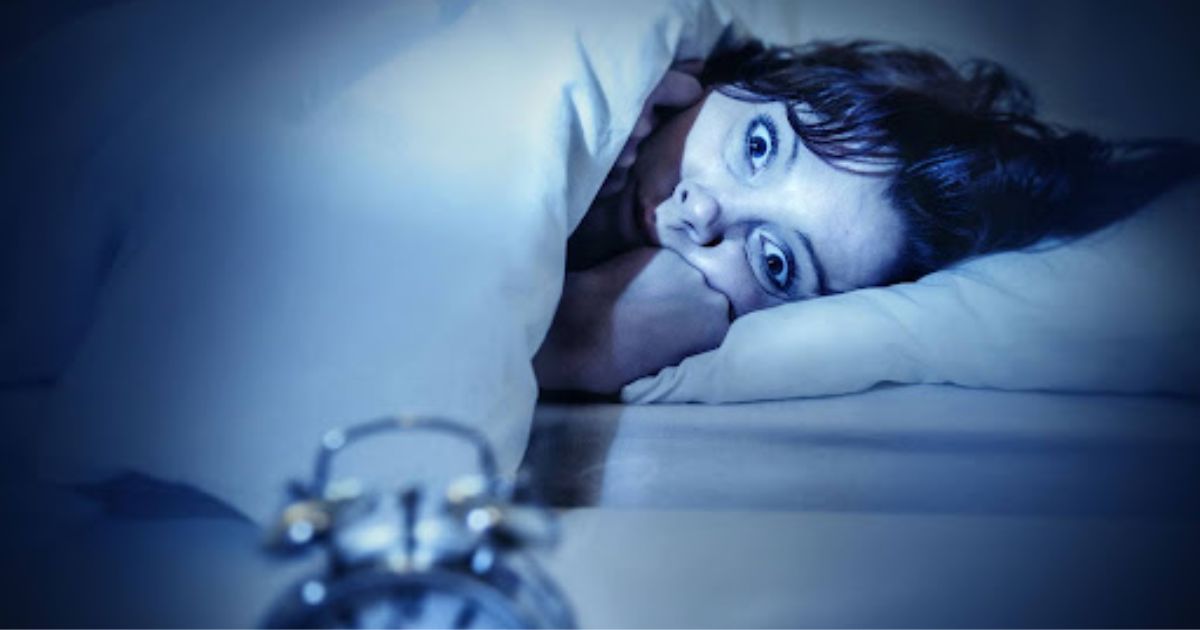Have you ever wondered that you might be grappling with narcolepsy? This condition can have an impact on your well-being and disrupt your daily routines. If you find yourself constantly fatigued throughout the day, along with other symptoms that we will explore, you can learn the signs if narcolepsy is affecting you.
So, how is narcolepsy diagnosed? With the expertise of trained professionals and various tests, medical practitioners can determine this condition. If you have a suspicion that narcolepsy may be at play, seeking guidance from a healthcare provider is crucial.
What Are the Signs of Narcolepsy?
Narcolepsy presents itself through sleepiness, muscle weakness, feelings of paralysis when falling asleep, waking up experiencing dream-like sensations, disrupted nighttime rest, and performing tasks automatically. Individuals with narcolepsy struggle to stay attentive during the day while also being diagnosed with other symptoms. Let’s delve further into each of these symptoms:

Can Narcolepsy Result in Excessive Daytime Sleepiness?
Feeling excessively sleepy during the day is a sign of narcolepsy. People with this condition may experience fatigue regardless of having slept the night before. This ongoing drowsiness can greatly affect your life, like when working, studying, and socializing.
Cataplexy
Cataplexy is a sign of narcolepsy and manifests as a brief loss of muscle strength or muscle weakness triggered by emotions. When experiencing an episode, an individual may encounter slurred speech, drooping eyelids, weakened arms or legs, or even a complete physical collapse.
Sleep Paralysis From Narcolepsy
Sleep paralysis is a common sign of narcolepsy for individuals. It is a temporary inability to move or speak that occurs when a person is falling asleep or waking up.
Disturbed Nighttime Sleep
People with narcolepsy have poor-quality sleep at night despite feeling extremely sleepy during the day. This disrupted nighttime sleep can stem from factors linked to the underlying irregularities seen in narcolepsy.
Automatic Behaviors
Experiencing automatic behaviors is one way doctors diagnose narcolepsy. These actions involve tasks performed without awareness or conscious control during periods of extreme daytime drowsiness.
Memory Problems Caused by Narcolepsy
Memory problems are commonly observed in individuals with narcolepsy. The disturbances in sleep routines associated with narcolepsy can impact memory function and cognitive skills.

How Is Narcolepsy Diagnosed?
The process of diagnosing narcolepsy typically includes a combination of clinical evaluations, reviewing medical history, performing sleep studies, and conducting specific tests aimed at evaluating sleep patterns, daytime alertness, and other symptoms and signs of narcolepsy that are unique to the disorder. Here are some common tests employed:
(MSLT) Multiple Sleep Latency Test
This test, conducted during the daytime, evaluates an individual’s tendency to fall asleep and measures their level of daytime drowsiness. It consists of naps taken at two-hour intervals throughout the day to assess how quickly one falls asleep and if REM sleep occurs during these naps.
Polysomnogram (PSG)
This overnight sleep study involves monitoring parameters during sleep, including brain waves, eye movements, muscle activity, and heart rate. It helps identify any irregularities in the structure of sleep cycles, like eye movement (REM) abnormalities that are often observed in individuals with narcolepsy.
HLA Typing
When it comes to narcolepsy, HLA typing can help identify markers for narcolepsy type 1 with cataplexy. HLA markers like HLA DQB1 are closely linked to narcolepsy.
Hypocretin Level Measurement
In the case of narcolepsy type 1, often known as hypocretin narcolepsy, cataplexy may be involved, along with a decrease or absence of hypocretin in the cerebrospinal fluid (CSF). A lumbar puncture (or spinal tap) is usually carried out to collect CSF and measure hypocretin levels.
What Are the Options for Treatment of Narcolepsy?
There are several treatment options available for narcolepsy aimed at managing the symptoms to help individuals lead more functional and fulfilling lives. Here are some common approaches to treating narcolepsy:
Medications for Narcolepsy
Best Stimulants for Narcolepsy
The top stimulants for the treatment of narcolepsy are Modafinil, Armodafinil, Methylphenidate, and Adderall. Most work to counteract the drowsiness that Narcolepsy causes.
Sodium Oxybate
This drug acts as a central nervous system depressant that can enhance the quality of sleep and reduce occurrences of cataplexy. It is often recommended as a treatment of narcolepsy with cataplexy.
Can Antidepressants Help With Narcolepsy?
Antidepressants are typically not used in the treatment of narcolepsy itself since they do not directly target the underlying sleep disorder. However, in some instances, they may be prescribed to address symptoms often associated with narcolepsy, such as depression or anxiety.
Lifestyle Adjustments for Narcolepsy
In addition to medical treatments of narcolepsy, several lifestyle modifications can help manage narcolepsy symptoms and improve overall quality of life. Here are some tips:

Scheduled Rest Periods
Incorporating short, planned naps throughout the day can assist in managing daytime drowsiness and boosting alertness. Naps should be no longer than 20–30 minutes.
Healthy Sleep Practices
Establishing a sleep routine by aiming for bedtimes and wake-up times can contribute to improved sleep quality. Establishing a soothing bedtime ritual can also enhance the quality of your sleep. Moreover, getting sunlight in the morning helps your circadian rhythm know when you are supposed to be awake.
Engage in Regular Exercise
Participating in activities can boost the quality of your sleep and promote overall wellness. Strive to engage in around 30 minutes of daily exercise per day.
Maintain a Nutritious Diet
Follow a diet of grains and lean proteins as well as a variety of fruits and vegetables. Refrain from consuming meals before bedtime and restrict the intake of caffeine and alcohol, particularly in the evening.
Furthermore, eating close to bedtime can cause problems with sleep. Your body has a hard time digesting food while you are asleep, so this can cause things like indigestion. Spacing out your last meal at least three hours before bedtime is optimal for avoiding this issue.
Where To Seek a Diagnosis for Narcolepsy Near Jacksonville
If you feel like you are experiencing symptoms of narcolepsy, you are not alone. Our experienced team at Jax Sleep Center can help diagnose narcolepsy and treat your symptoms. Start feeling like your normal self again after you visit our offices!






